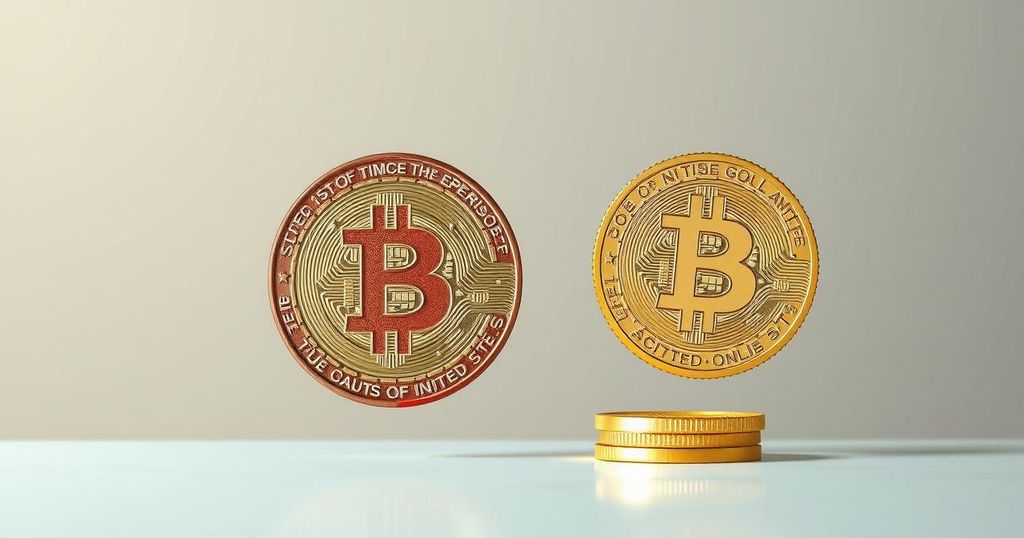El Salvador has reformed its Bitcoin Law, withdrawing the requirement for businesses and individuals to accept Bitcoin as legal tender. The reform, prompted by the IMF, indicates that Bitcoin’s use will be optional. While Bukele continues to promote Bitcoin, most Salvadorans have rarely used it, leading to substantial criticism of the initiative.
El Salvador has decided to revoke the use of Bitcoin as legal tender following what has been deemed a failed experiment by President Nayib Bukele. In a recent congressional action, a reform was passed which did not clarify its status as currency but recognized it as legal tender—now optional for transactions. The change, prompted by conditions from the International Monetary Fund (IMF), relieves individuals and businesses of the obligation to accept Bitcoin for payments. As a result, Bitcoin’s role is diminished and left to the discretion of the private sector for acceptance in the marketplace.
Despite its introduction in 2021, the practical usage of Bitcoin in El Salvador has been minimal. According to a survey from the Central American University, a staggering 92% of the population never conducted transactions using Bitcoin. Many citizens found the cryptocurrency confusing and risky to use, leading individuals like Juana Henríquez, a nurse, to express dissatisfaction with their experiences, citing complicated processes and financial losses. Furthermore, Bukele’s ambitious plans to create a technological hub known as Bitcoin City have failed to materialize.
The reforms, which will come into effect within 90 days, have raised questions regarding the clarity of Bitcoin’s status. Economists have criticized the continued use of the term “legal tender” given the new optional status. Former Central Bank President Carlos Acevedo suggested that it creates confusion that must be corrected. In contrast, the government, led by Bukele, remains steadfast in promoting Bitcoin, asserting that they will continue to invest in the cryptocurrency despite its declining use among citizens.
Notably, El Salvador holds a substantial reserve of Bitcoin, with officials indicating that the government will persist in acquiring more. Ambassador to the United States, Milena Mayorga, has described the reform as an adaptation, asserting that Bitcoin remains a viable option within the economy. However, economists like Rafael Lemus stress the need for transparency in how public funds are utilized in these cryptocurrency investments, especially as Bukele predicts future surges in Bitcoin’s value linking it to his political support for Donald Trump.
In September 2021, El Salvador became the first nation to adopt Bitcoin as legal tender, an initiative led by President Nayib Bukele aimed at boosting the economy. However, the introduction faced numerous challenges, including a lack of public acceptance and clarity regarding its legal status. In December 2022, El Salvador secured a $1.4 billion credit from the IMF contingent on reforms to its Bitcoin Law. This led to the recent changes, prompting a reevaluation of Bitcoin’s role in the economy.
The revocation of Bitcoin’s mandatory use in El Salvador signifies the government’s recognition of the cryptocurrency’s limited acceptance among its citizens. While the structural changes have raised questions about the clarity and future of Bitcoin as legal tender, the government remains committed to its cryptocurrency investments. Transparency and public engagement appear crucial moving forward as the Salvadoran economy seeks to navigate its relationship with digital currencies.
Original Source: ticotimes.net






